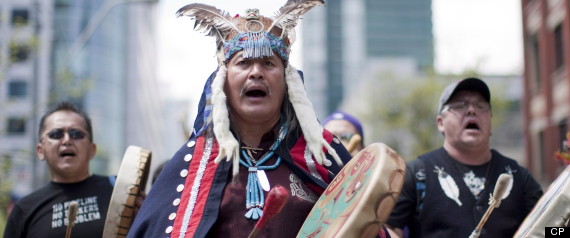OTTAWA — The MP leading the Conservative government’s defence in the robocalls scandal is himself under investigation by Elections Canada for alleged election law violations related to voter-contact calls made by his campaign in 2008.
Elections Canada says in a court document it has reasonable grounds to believe offences were committed by Dean Del Mastro, who serves as Prime Minister Stephen Harper’s parliamentary secretary, and by his campaign’s official agent.
In an interview on Wednesday, Del Mastro denied the allegations, which have not been proved in court. Del Mastro said his audited financial statements are all correct.
Elections Canada says in a court document it has reasonable grounds to believe offences were committed by Dean Del Mastro, who serves as Prime Minister Stephen Harper’s parliamentary secretary, and by his campaign’s official agent.
In an interview on Wednesday, Del Mastro denied the allegations, which have not been proved in court. Del Mastro said his audited financial statements are all correct.

































